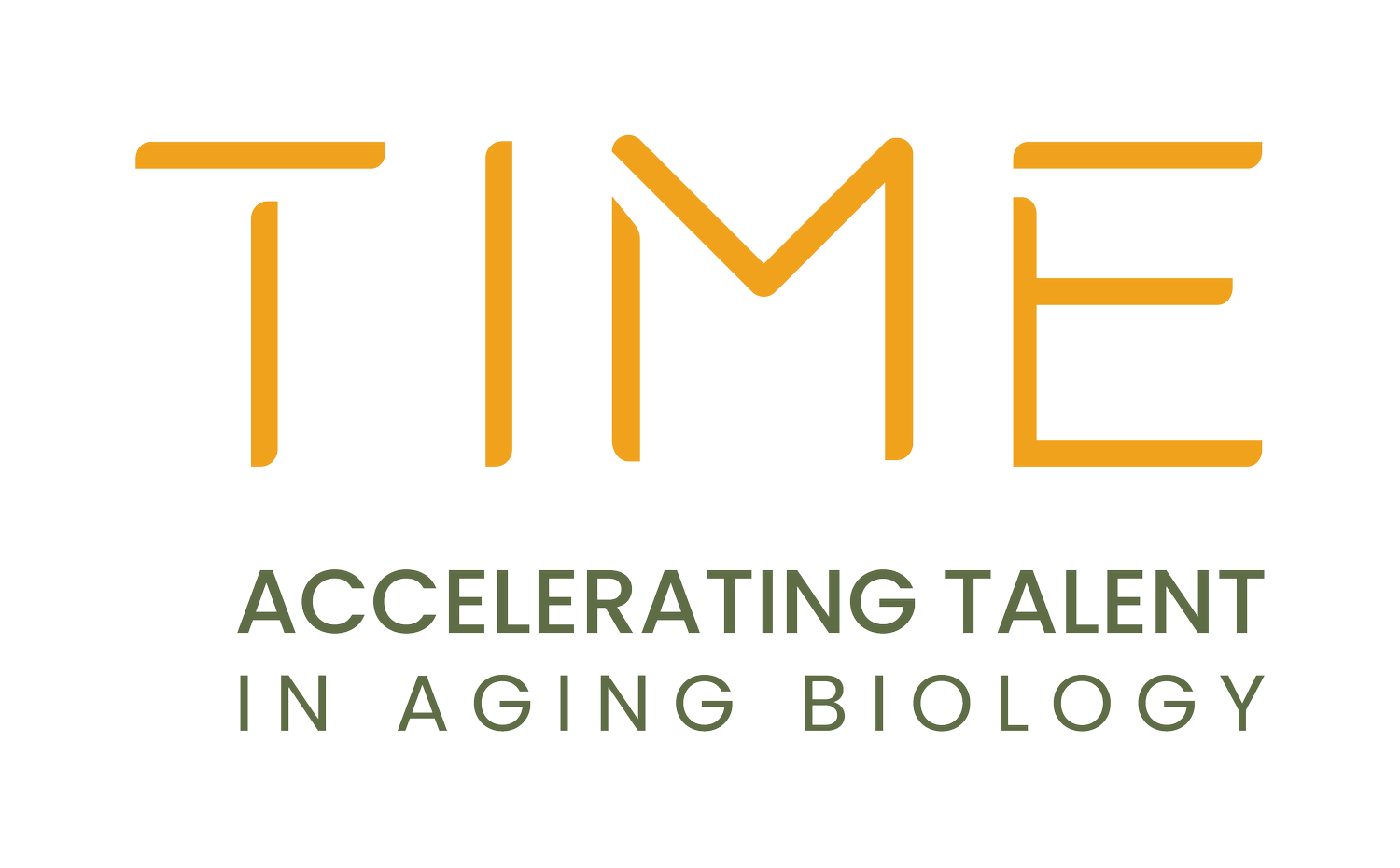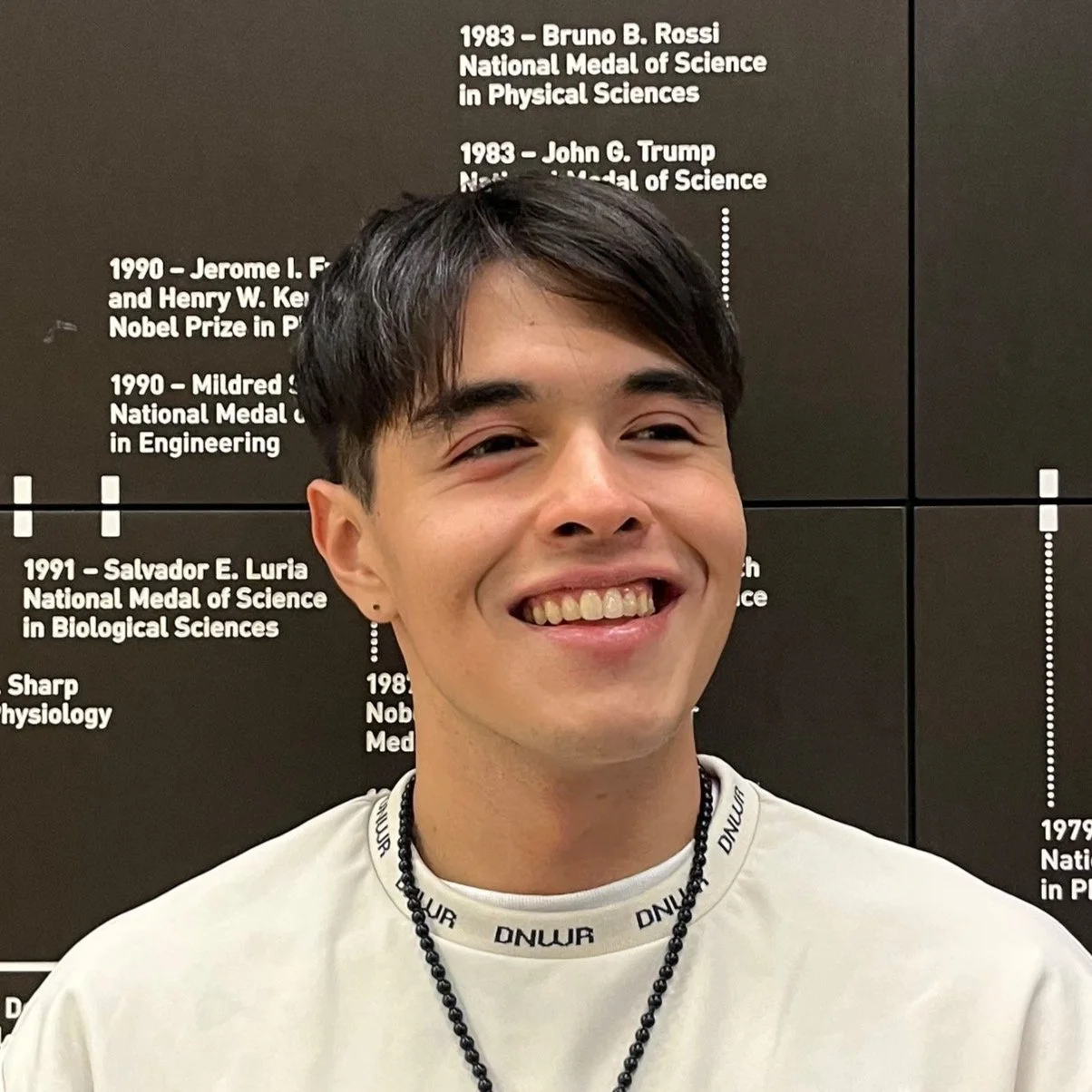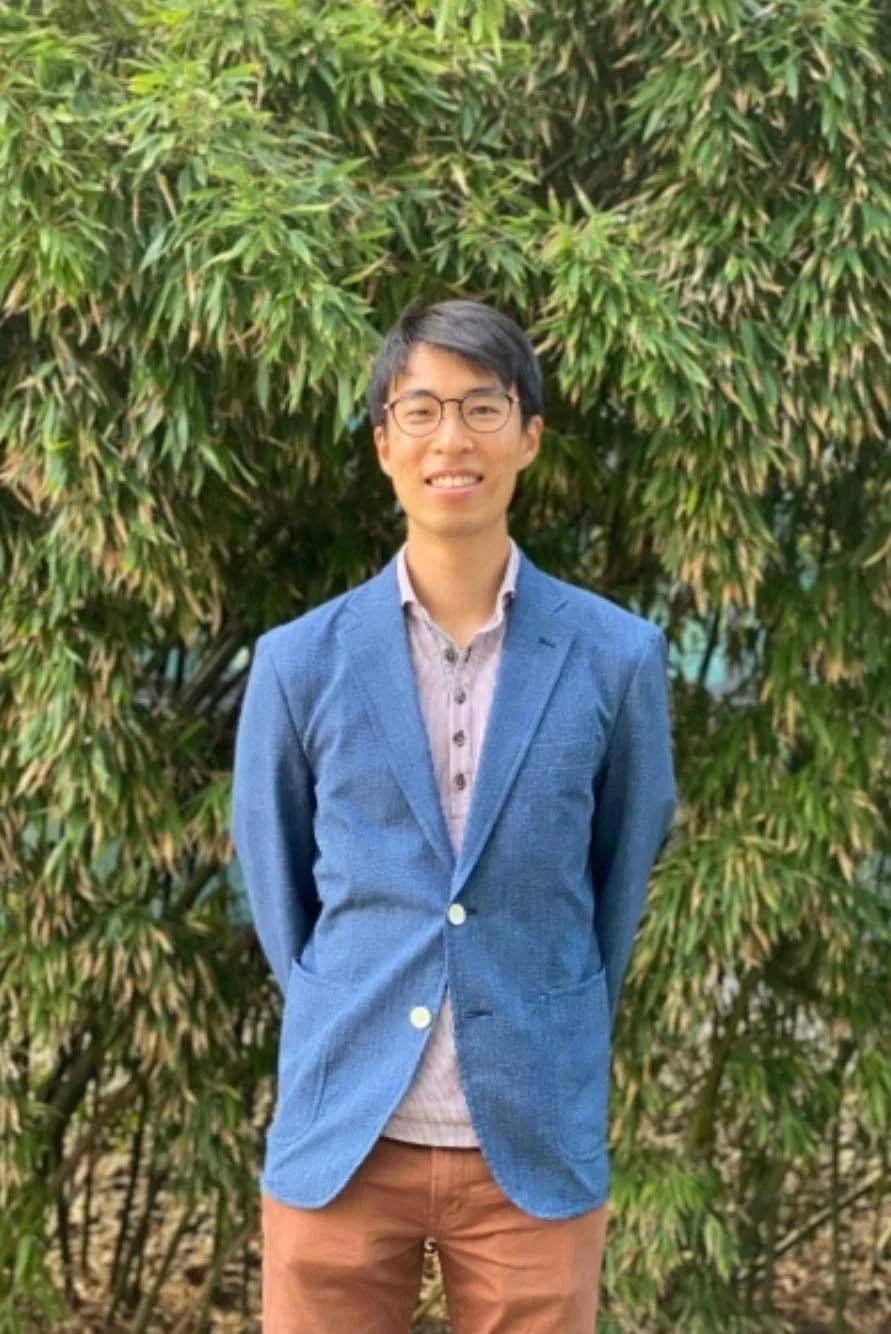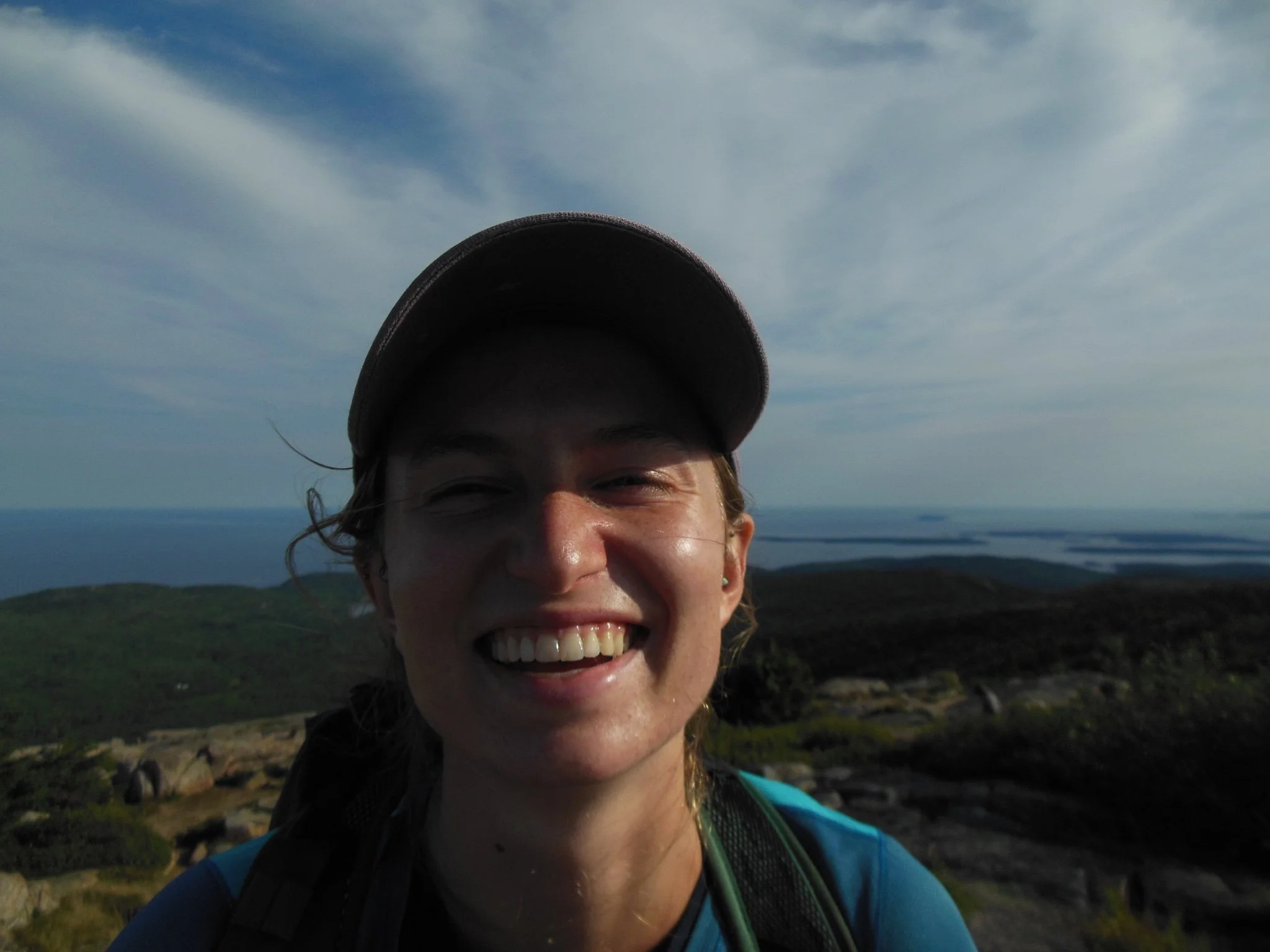Time Fellowship Grants
The Time Initiative Grants empower our fellows to pursue ambitious projects in aging biology. These grants are stepping stones for our fellows, enabling them to translate their innovative ideas into tangible research endeavors that push the boundaries of our understanding of aging.
Ready to make your mark on the future? Apply to the Time Fellowship and bring your world-changing idea to life.
2025 ARDD Travel Grants
Through the TIME Initiative Exploration Grant (Powered by Age1), we awarded travel support to four exceptional fellows to attend the Aging Research & Drug Discovery (ARDD) Conference in Copenhagen.
This opportunity allows TIME Fellows to engage directly with global leaders in aging research, build meaningful connections, and share their own perspectives at one of the field’s most impactful gatherings.
We’re proud to support fellows who are not only advancing aging biology through research and communication, but also helping shape the future of the field.
Our 2025 awardees:
🌟 Sarah Jiang – University of Missouri–Kansas City
🌟 Cynthia Valenzuela Chapa – Universidad Autónoma de Nuevo León (Monterrey, Mexico)
🌟 Mukundh Murthy – University of Michigan (Incoming PhD, Stanford University)
🌟 Eshan Mehra – Harvard College
2024 Grant Awardees
“Learning from exceptionally long lived bats, I use comparative genomics to understand the mechanisms underlying lifespan evolution and healthy aging. ”
Margo Weber
“Designing bioinspired flexible nanoelectronics to reveal the underlying neurologic basis of forgetting”
Elizabeth Schmidt
“Building predictive models using drug mechanisms and electronic health record data to identify dementia preventative medications.”
Ayush Jain
“Furthering the future of aging biology by supporting the field and spreading the word, so that we can all live healthier for longer!”
Sean Simonini
“Researching and validating the function of a growth differentiation factor and its role in improving neurogenesis and myelination in the brain”
Alvira Tyagi
“Untangling the complexity of aging, at the interface of theory and experiment.”
Gonzalo Canez
“Explore mechanisms underpinning cell decision making during early embryonic development to understand key principles governing cell fate which go awry in aging!”
Julie Chen
“Understanding the mechanisms behind cognitive decline in humans through proteomics”
Deniz Yagmur Urey
“Profile how the astrocytic makeup of our brains changes when we encounter age-related neuropathies”
Michael Trinh
“Developing multimodal AI algorithms to identify drivers of aging and enable precision longevity medicine.”
Ayush Noori
“Researching aging biomarkers in women and facilitating gero-protective clinical trials in Singapore.”
Jessica Yu
-

Elizabeth Schmidt.
Elizabeth Schmidt is a 3rd year undergraduate student at Stanford University exploring interdisciplinary approaches to study age-related changes in the brain. As a member of the Hong and Bertozzi labs and a TIME Fellow, Elizabeth plans on designing bioinspired flexible nanoelectronics for highly multiplexed in-vivo brain interrogation and manipulation to reveal the underlying neurologic basis of forgetting, which is anticipated to be age-dependent, through longitudinal electrophysiological recording and single-neuron level circuit analyses in the same subjects. Real-time stimulation and recording correlated with behavioral task performance should provide insights into how spatial memory is stored and retrieved in the context of Morris Water Maze experiments.
-

Michael Trinh.
Michael Trinh is a final-year undergraduate student at the University of Toronto working on new ways to accurately target gene therapies to the brain, with hopes of developing the next generation of therapeutics for age-related, neurodegenerative diseases. To address the challenges faced by new therapies in attempting to achieve specific targeting, Michael aims to leverage his experiences in molecular biology and genetic engineering research to adapt new targeting platforms to disease-specific contexts. As a TIME Fellow in the Faiz lab at the University of Toronto, Michael's project focuses on delivering therapies to specific target cell populations in the brains that display the hallmarks of neurodegeneration.
-

Alvira Tyagi.
Alvira Tyagi is a junior at Harvard University studying Neuroscience with the aim of developing therapies for aging-related and neurodegenerative disorders. She conducts research in the Lee Rubin lab under the Harvard Department of Stem Cell & Regenerative Biology regarding a growth differentiation factor that is correlated with increased neurogenesis and myelination in the brain. Alvira is looking forward to continuing to validate her team’s findings with in vitro, in vivo, and behavioral experiments for her thesis project. Moreover, she is enthusiastic about fostering compelling research collaborations that will expose her to a broader network of scientific knowledge and technologies. Alvira is eager to harness her passion for improving the lives of aging populations as a Time Fellow and as an aspiring physician and researcher.
-

Julie Chen.
Julie Chen is a junior at Stanford University studying fundamental principles of how cells make decisions about their fate and identity. During development, a select number of signals are dynamically re-interpreted at different timepoints to yield diverse cell fate outcomes. In her previous research, she became fascinated by the relationship between pluripotency and rejuvenation. Now as a TIME fellow in the Loh lab, Julie will use in vitro models of cellular differentiation inspired by early mammalian development to investigate how cell-intrinsic and extrinsic context affect how signals are interpreted, a more robust understanding of which will guide development of better-informed rejuvenation interventions.
-

Ayush Jain.
Ayush Jain is a sophomore at Duke University developing novel models to identify repurposing candidates for age-related diseases like Alzheimer’s Disease. He is working on developing candidates for specific patient populations by generating candidates with co-morbidities in mind. Ayush hopes that this work could identify drugs that could improve the health span of patients, elucidating where to look to create the first FDA approved drug for longevity. He will be advised by Dr. Anthony Philippakis of the Broad Instititue of MIT and Harvard and Dr. Jian Pei and Dr. David Page of Duke University. He is also partnering with Harvard’s System Pharmacology department to experimentally validate his repurposing suggestions.
-
Sho Joseph Ozaki Tan.
Sho Joseph Ozaki Tan, a researcher in the Zhou lab at the Buck Institute for Research on Aging, aims to pioneer the ethical development of longevity technologies. His TIME Fellowship project focuses on establishing a think tank dedicated to supporting the responsible development and implementation of future longevity technologies, focusing on equitable access and addressing ethical, social, and economic challenges of extended lifespans. This project seeks to address societal impacts and foster responsible advancement in the field. Combining comprehensive research, policy development, and community engagement, Sho's project aims to help realise a future where longevity technologies are developed with a thoughtful, inclusive, and humane approach.
-
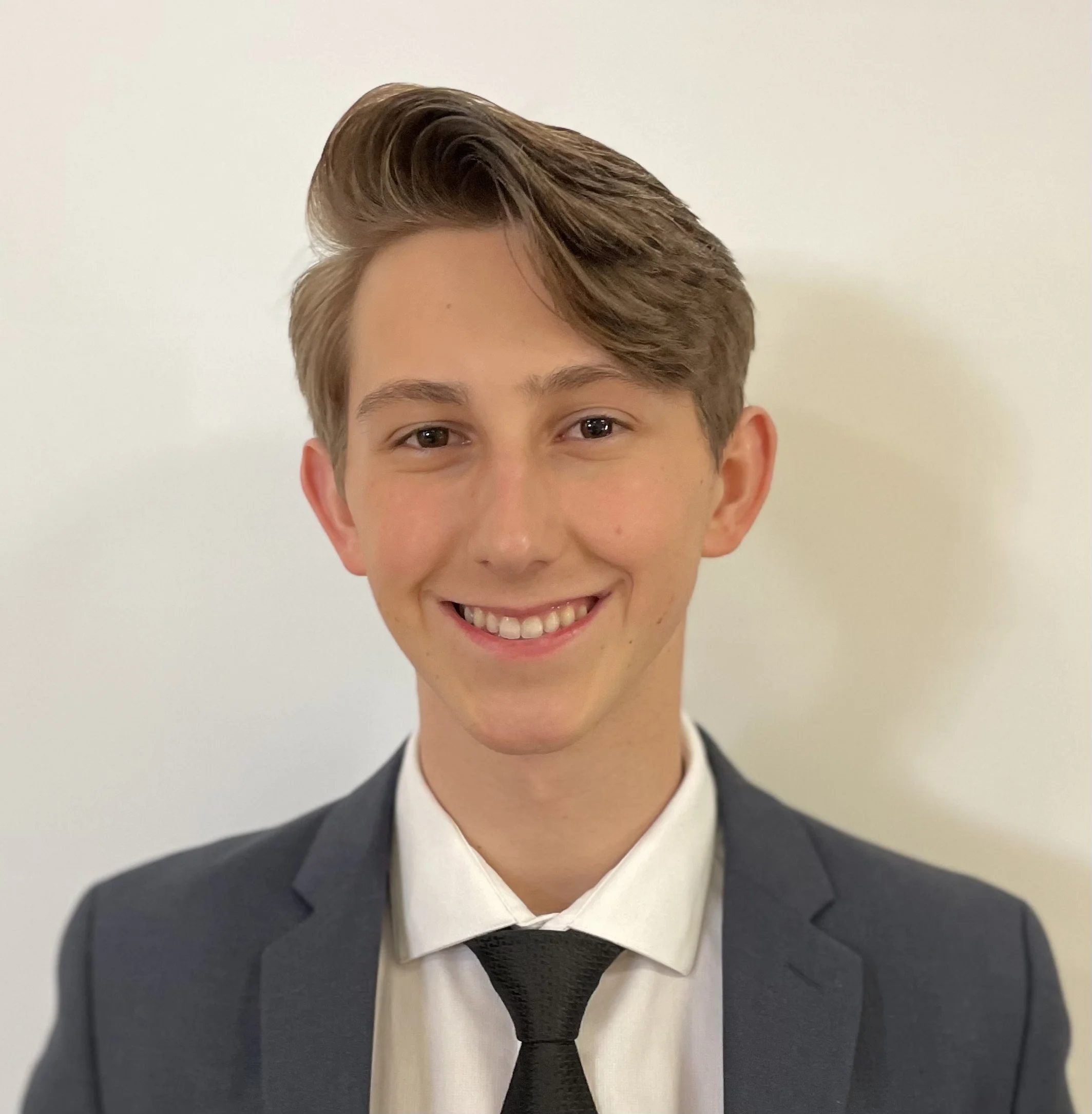
Sean Simonini.
Sean Simonini, a sophomore from UMass Lowell, is leading the Beyond Our Years Campaign under the Time Initiative, as a three-part plan to support the aging biology field. Sean will advocate for greater public support of longevity research, building connections and partnerships along the way. Through publicity, he will work to spotlight youth-led aging research and events, including those spearheaded by other Time Fellows. In the realm of representation, Sean will seek to amplify youth voices at decision making tables in the aging biology field. Underscored by a collaborative approach, the Beyond Our Years Campaign will set the stage for promoting engagement with and support for impactful advancements in aging biology.
-
Margo Weber.
Margaret (Margo) Weber is a Master's student at Smith College researching mammalian lifespan evolution with Dr. Tanya Lama. Her research objective is to identify molecular mechanisms underpinning extreme longevity in exceptionally long-lived species of bats and to contribute to the development new model species for aging research. Drawing upon her expertise in molecular biology and comparative genomics, Margo aims to identify novel therapeutic targets which maximize the efficiency and performance of the ubiquitin-proteasome system.
-

Deniz Yagmur Urey
Deniz Yagmur Urey is a senior at Stanford University majoring in Biomedical Computation. She's an international student from Istanbul, Turkey. As a TIME fellow at Dr. Tony Wyss-Coray Lab at Stanford University, Deniz is working on identifying proteomics signatures from blood plasma and cerebrospinal fluid (CSF) that correlate with cognition. She's analyzing large-scale proteomics datasets and is developing novel computational methods to identify cognitive function-specific protein modules in plasma that can predict future age-related cognitive decline in patients.
-
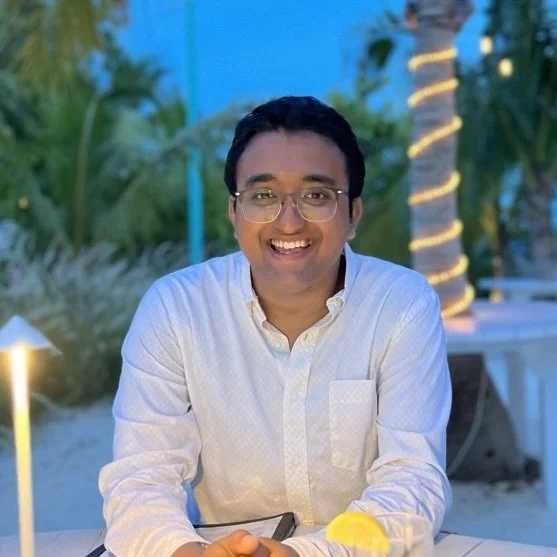
Ayush Noori.
Ayush Noori is a junior at Harvard College pursuing a Joint Concentration in Computer Science and Neuroscience. Inspired by personal experiences with neurological disease, Ayush conducts research at the interface of neuroscience and AI to improve human health. He seeks to innovate AI-enabled technologies that advance the frontier of diagnostic and therapeutic possibility for neurological disorders and other challenging medical conditions. As a Time Initiative Fellow in the labs of Marinka Zitnik at Harvard Medical School and George Church at the Wyss Institute for Biologically Inspired Engineering, Ayush leads research in contextual deep learning on knowledge graphs to identify patient-specific drivers of aging and enable precision longevity medicine.
-

Jessica Yu.
Jessica Yu is a sophomore undergraduate student at Yale University passionate about the intersection between ovarian aging, longevity medicine, and aging in Asia. To this end, she will be working at the National University of Singapore to identify aging biomarkers in women, which could form the basis for assessing the effectiveness of future gero-protective interventions in women. She will also be participating in clinical trials to explore the impact of AKG, rapamyacin, and nicotinamide on healthy aging. She is excited to explore the rich aging biology scene in Singapore and contribute as a TIME Fellow to understanding female reproductive aging.
-

Gonzalo Canez.
Gonzalo A. Cánez is a biology-turned-physics student at the Swiss Federal Institute of Technology in Zürich exploring puzzling observations in aging research through the lens of mathematical and computational modelling. As part of the Theoretical Biological Physics Laboratory, Gonzalo aims to combine his knowledge of aging biology and his quantitative background to generate analytical models that elucidate complex mechanistic interactions that might drive failure and collapse in biological systems, complementing the more widespread data-heavy correlational approaches. With the support of the Time Fellowship he will embark in critical collaborations to address longstanding questions in somatic evolution and tissue aging.
